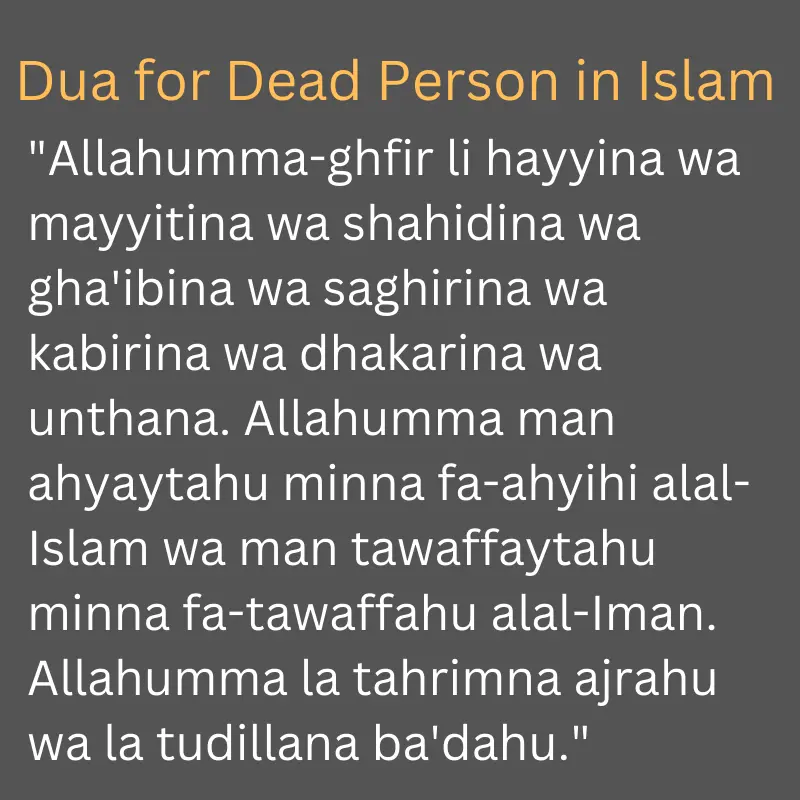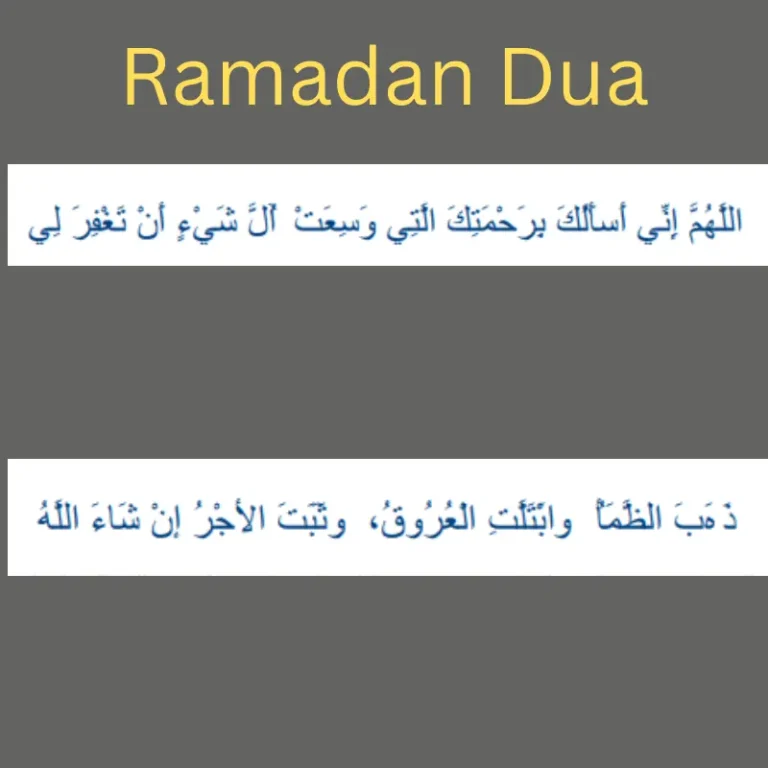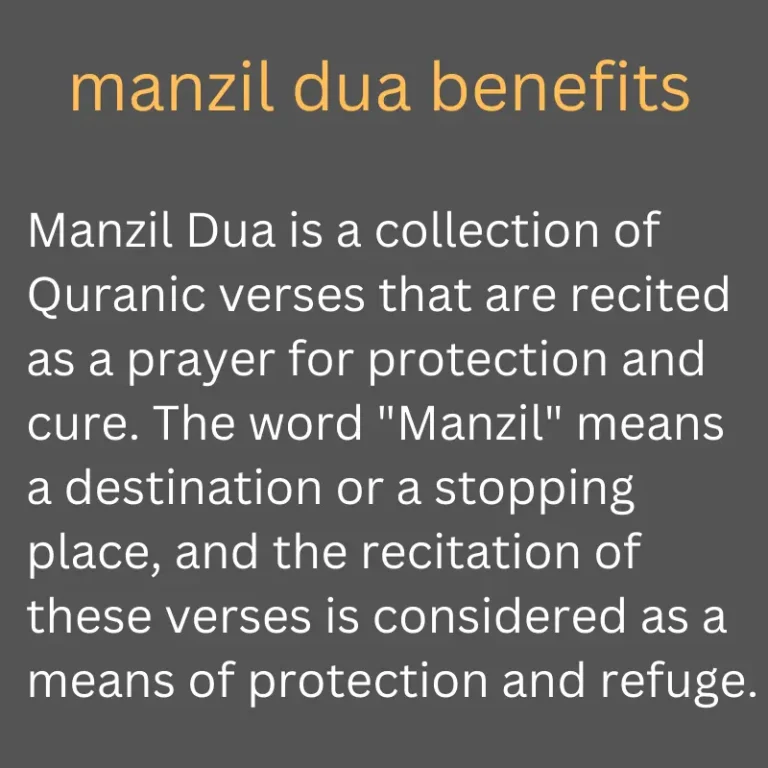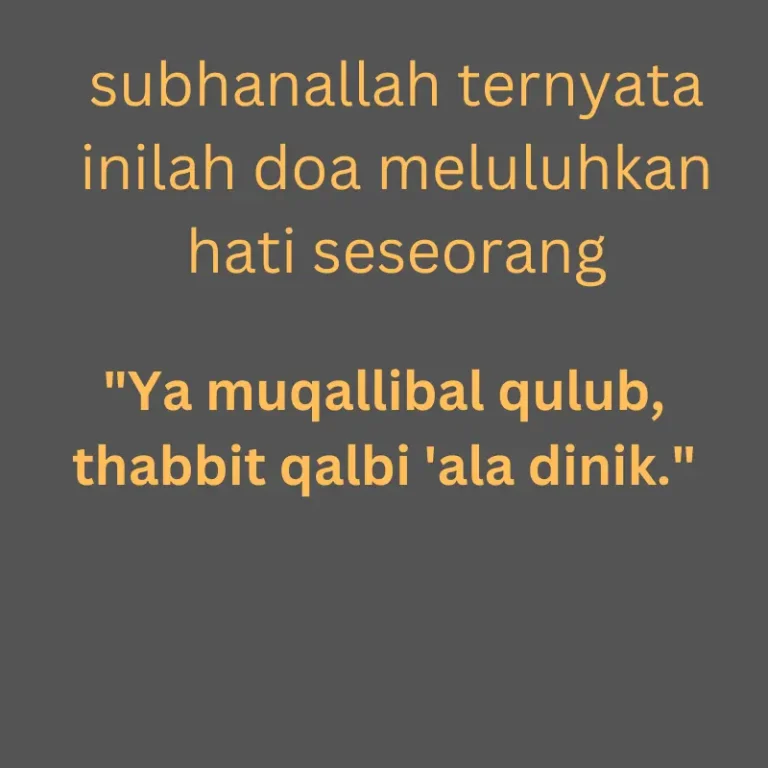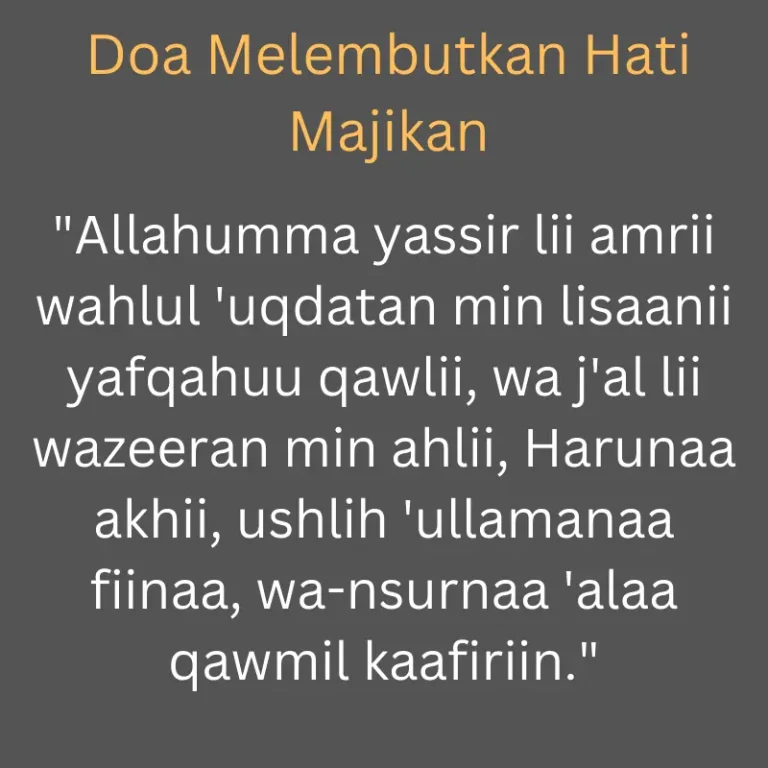Dua for Dead Person in Islam: Honoring the Departed Through Prayer
Losing a loved one is a difficult and emotional time, but Islam teaches us to honor and remember the dead through various practices, including dua. Dua is the act of supplicating or asking Allah for something, and it is a powerful way to show our love and respect for those who have passed away. In this article, we will explore the importance of dua for the dead in Islam, how to perform it, and some common prayers that can be recited.
Why is Dua for the Dead Important in Islam?
In Islam, death is not the end, but rather a transition to the afterlife. Muslims believe that the deceased continue to exist in another realm and that they can benefit from our prayers and good deeds. As such, it is important to honor the dead and remember them in our thoughts and prayers.
One of the most effective ways to do this is through dua. Dua is a form of worship that can benefit both the living and the dead. When we make dua for someone who has passed away, we are asking Allah to have mercy on them, forgive their sins, and grant them a place in Jannah (paradise).
Dua is also a way to show our love and respect for the deceased. By taking the time to make supplications on their behalf, we are demonstrating that they are still important to us and that we care about their well-being, even in death.
How to Perform Dua for the Dead
Performing dua for the dead is a simple but powerful act of worship. It can be done at any time, but it is especially important to do so after someone has passed away. Here are the steps to follow:
- Begin by making wudu (ablution) and facing the qibla (direction of the Kaaba in Mecca).
- Start with the opening supplication (dua al-iftitah) and recite Surah al-Fatihah.
- Follow with any other dua or prayer that you know, such as Surah Yasin, Surah Rahman, or the Salawat.
- Make a specific dua for the deceased, asking Allah to have mercy on them, forgive their sins, and grant them a place in Jannah. You can also ask for forgiveness for any wrongs you may have done to them or for any unfulfilled obligations you may have had towards them.
- End with the closing supplication (dua al-khatm) and say “Ameen.”
It is also recommended to give charity (sadaqah) on behalf of the deceased, as this can help alleviate any hardships they may be facing in the afterlife.
Common Duas for the Dead
There are many duas and prayers that can be recited for the deceased. Here are some of the most common:
Dua for Forgiveness
This dua asks Allah to forgive the deceased and grant them mercy:
“Allahumma-ghfir li hayyina wa mayyitina wa shahidina wa gha’ibina wa saghirina wa kabirina wa dhakarina wa unthana. Allahumma man ahyaytahu minna fa-ahyihi alal-Islam wa man tawaffaytahu minna fa-tawaffahu alal-Iman. Allahumma la tahrimna ajrahu wa la tudillana ba’dahu.”
Translation:
“O Allah, forgive our living and our dead, those who are present and those who are absent, our young and our old, our menfolk and our womenfolk. O Allah, whomever You keep alive, keep him alive upon Islam, and whomever You cause to die, cause him to die upon faith. O Allah, do not deprive us of his reward, and do not let us go astray after him.”
Dua for Mercy and Peace
This dua asks Allah to grant the deceased mercy and peace:
“Allahumma-ghfir lahu warhamhu wa’afihi wa’afu anhu wa’akrim nuzulahu wa wasi’ madkhalahu waghsilhu bilma’i waththalji walbaradi, wa naqqihi mina al-khatayaya kama yunaqqa althawbu al-abyadu mina alddanas, wa abdilhu daran khayran min darihi, wa ahlan khayran min ahlihi, wa zawjan khayran min zawjihi, wa qih fitnat al-qabri wa adhaba alnnari, wa adhaba alqabr.”
Translation:
“O Allah, forgive him, have mercy on him, pardon him, grant him security, provide him a nice place and spacious lodging, wash him (off from his sins) with water, snow, and hail, purify him of sins as a white garment is cleansed from dirt, replace his current home with a better one, his family with a better one, and his spouse with a better one, and save him from the punishment of the grave and the torment of the Fire.”
Dua for the Deceased’s Family
This dua asks Allah to ease the grief and sorrow of the deceased’s family:
“Allahumma-jurni fi musibati wa’khluf li khayran minha.”
Translation: “O Allah, reward me for my affliction and compensate me with something better.”
Dua for the Deceased’s Forgiveness
This dua asks Allah to forgive the deceased and grant them a place in Jannah:
“Rabbana-ghfir li wa li-walidayya wa lil-Mu’mineena yawma yaqumul hisab.”
Translation:
“Our Lord, forgive me and my parents and the believers on the Day when the account is established.”
Dua for the dead is an important practice in Islam that allows us to honor and remember those who have passed away. Through our supplications, we can ask Allah to have mercy on the deceased, forgive their sins, and grant them a place in Jannah. It is also a way to show our love and respect for the deceased and to ease the grief of their family.
Performing dua for the dead is a simple but powerful act of worship that can be done at any time. There are many duas and prayers that can be recited, including dua for forgiveness, mercy, peace, and the deceased‘s family. By making dua for those who have passed away, we can continue to connect with them and remember their legacy.
Can dua benefit the deceased in the afterlife?
Yes, Muslims believe that dua can benefit the deceased in the afterlife by asking Allah to have mercy on them, forgive their sins, and grant them a place in Jannah.
Can dua be performed for non-Muslims who have passed away?
Yes, Muslims can perform dua for non-Muslims who have passed away as a way of showing respect and honor for their memory.
Is there a specific time or day to perform dua for the dead?
No, dua for the dead can be performed at any time and is especially important to do after someone has passed away.
Can sadaqah be given on behalf of the deceased?
Yes, giving charity (sadaqah) on behalf of the deceased is a common practice in Islam and can bring blessings to the deceased’s soul.
Is it necessary to recite specific duas for the dead?
No, there are no specific duas that must be recited for the dead. Muslims can make any sincere supplication to Allah for the deceased’s forgiveness, mercy, and peace.

